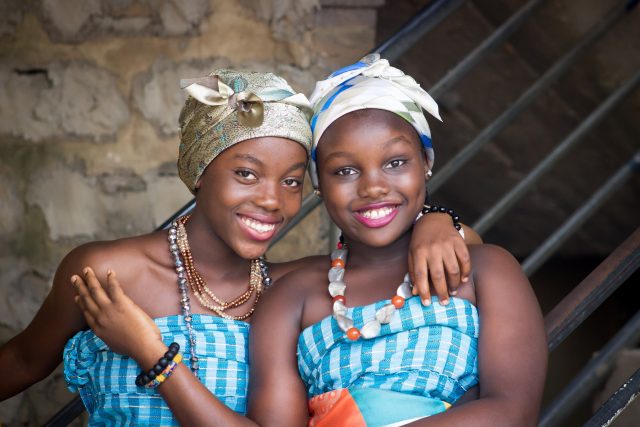Sango, sometimes also spelled like Sangho, is a creole language mainly spoken in the Central African Republic where it is considered to be the official language. It is worth to mention that the fact that the language has a status of an official one in the country, makes the Central African Republic one of few new African countries where indigenous language has an official status.
The Sango language is used in the Central African Republic as a lingua franca. It is also important to mention that there are more people who speak the Sango language as their second language than those who speak it as their first language. If we compare the numbers, we will see that there are 3 times more second language speakers than the first language speakers. To be exact, there are about 550 thousands first language speakers and about 1.6 million second language speakers.
The Sango language is mainly based on the Northern Ngbandi language which was used as a trade language before the French colonization along the Ubangi River. That is why some linguists classify the language as a Ngbandi-based creole. According to this hypothesis, the Sango language is considered to be quite exceptional as it is mainly based on African rather than a European language. The proof of that is the wholly African structure of the language enriched by French loanwords.
The Sango language is widespread in the Central African Republic. Nevertheless, the language is also used as a lingua franca in southern Chad and in the Democratic Republic of the Congo. When it comes to the usage of the language, the main difference between these two countries is the fact that in the Democratic Republic of the Congo the number of the Sango speakers is increasing while in southern Chad it is decreasing because the language is not spoken natively.
According to the study by Taber conducted in 1964, the colloquial speech of the Sango language mainly consists of the native Sango words. Nevertheless, when it comes to the speech of people who learn the language, its vocabulary mainly consists of French loanwords that are more rarely used in colloquial speech.




